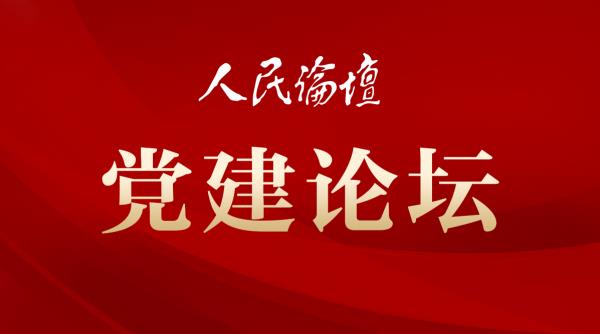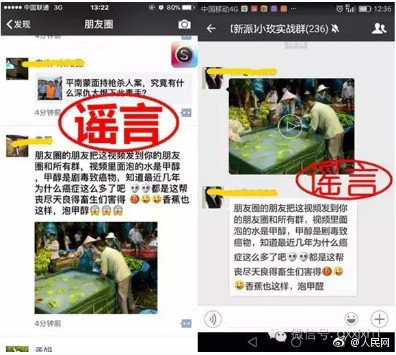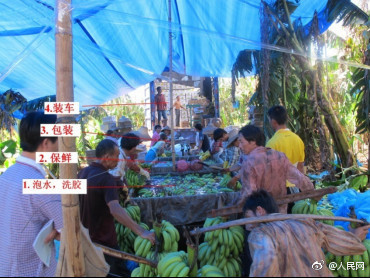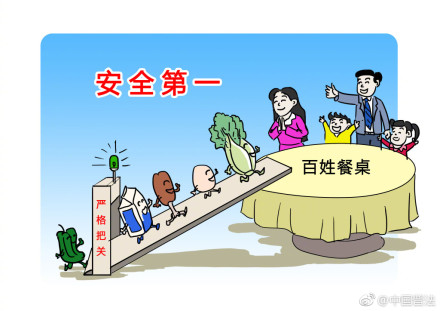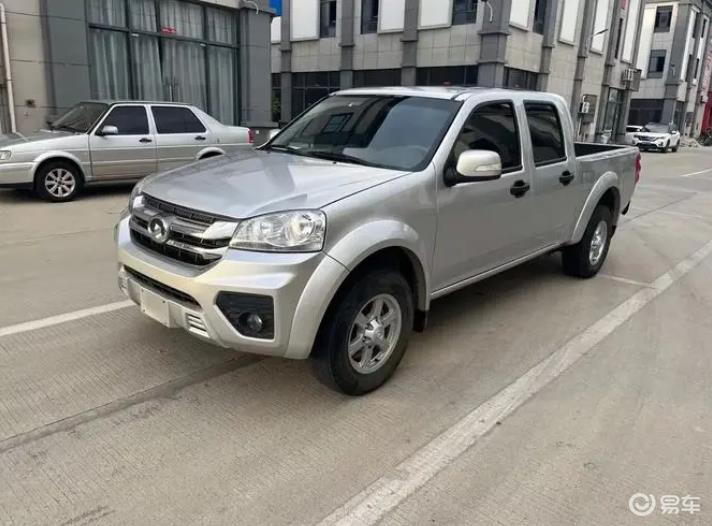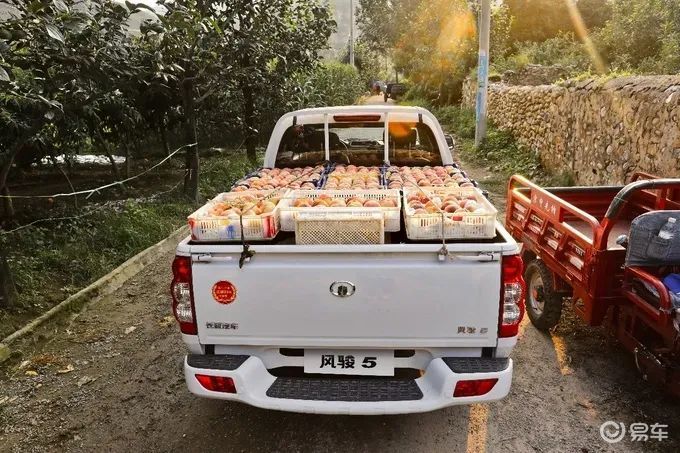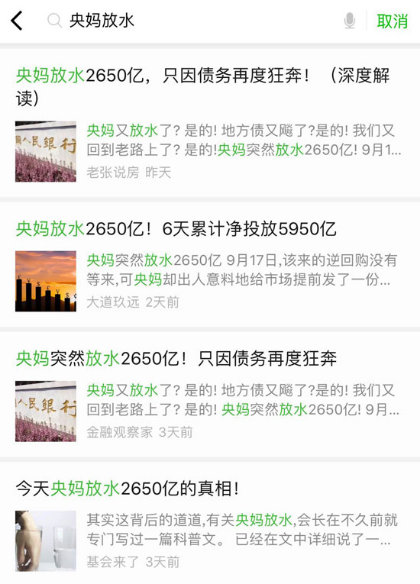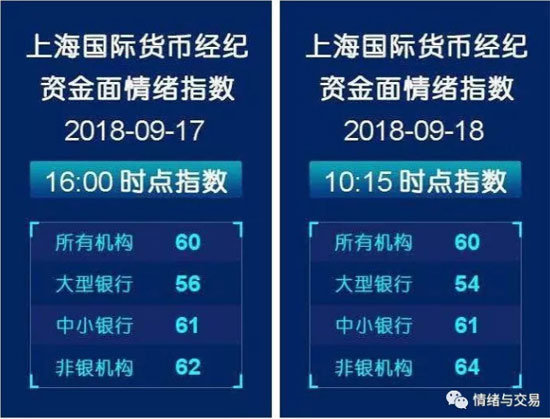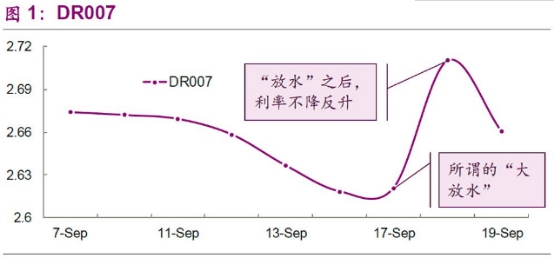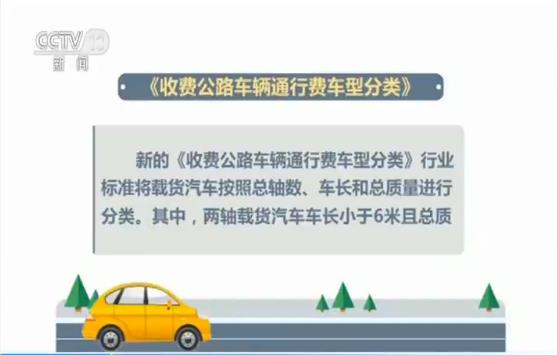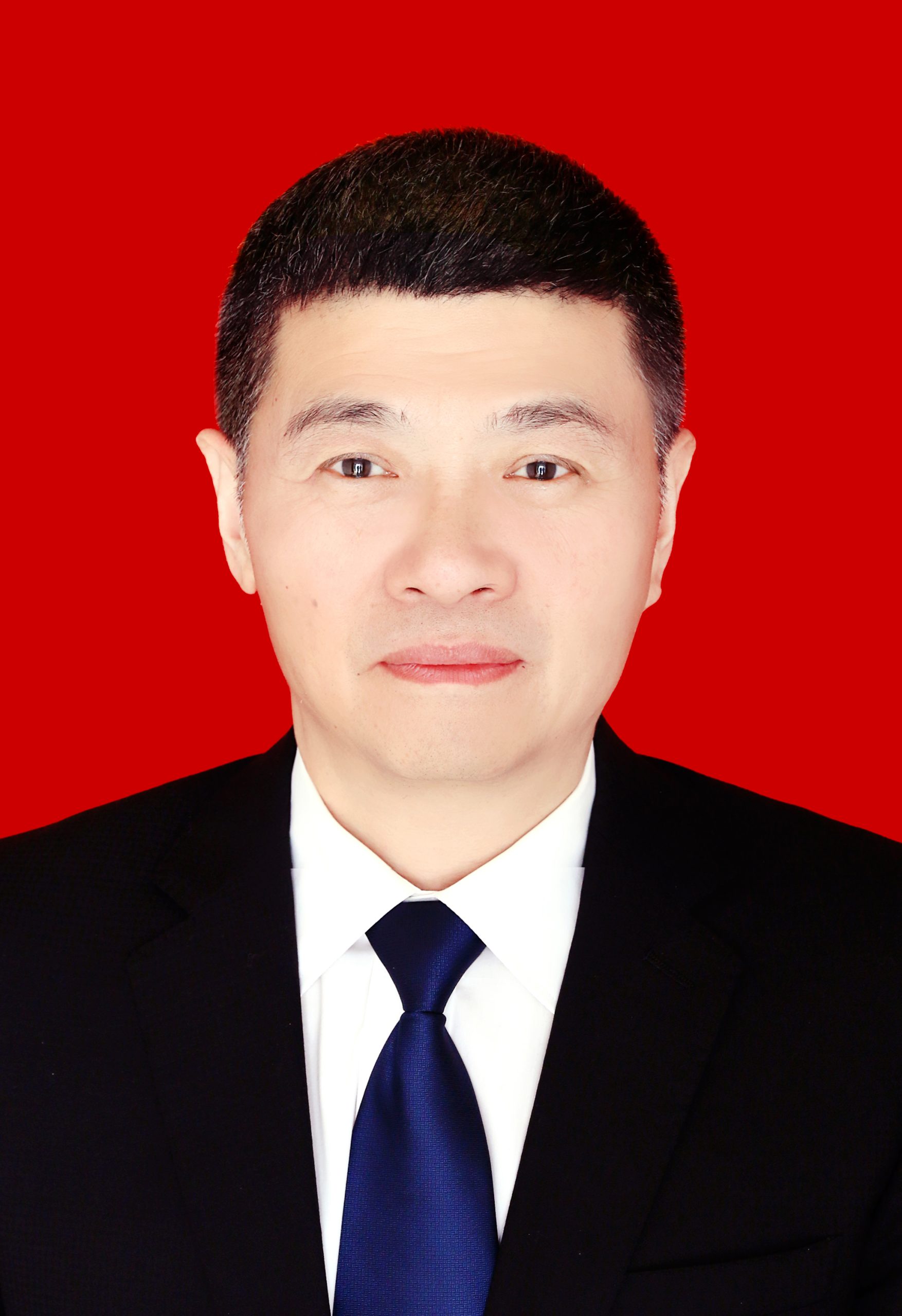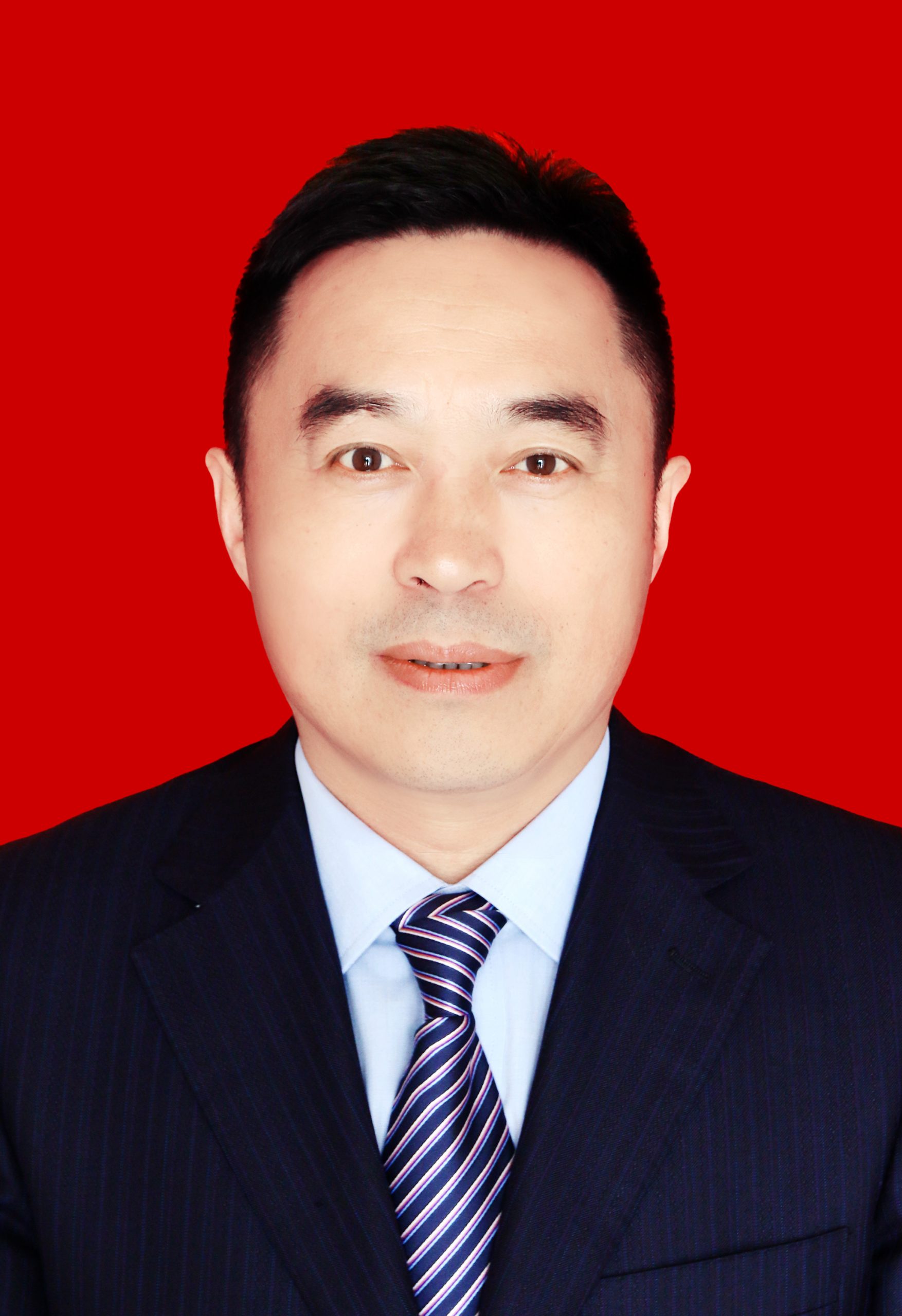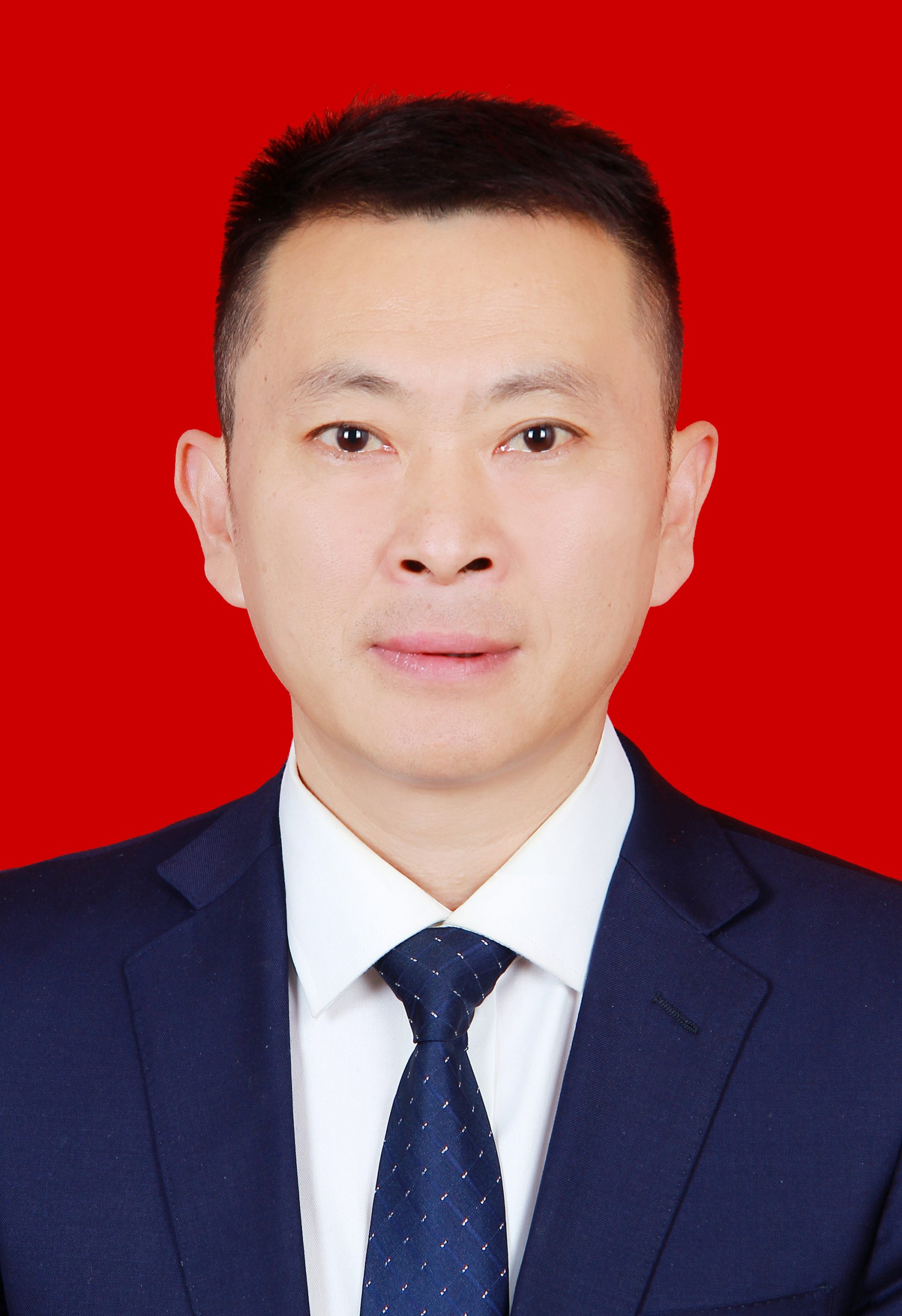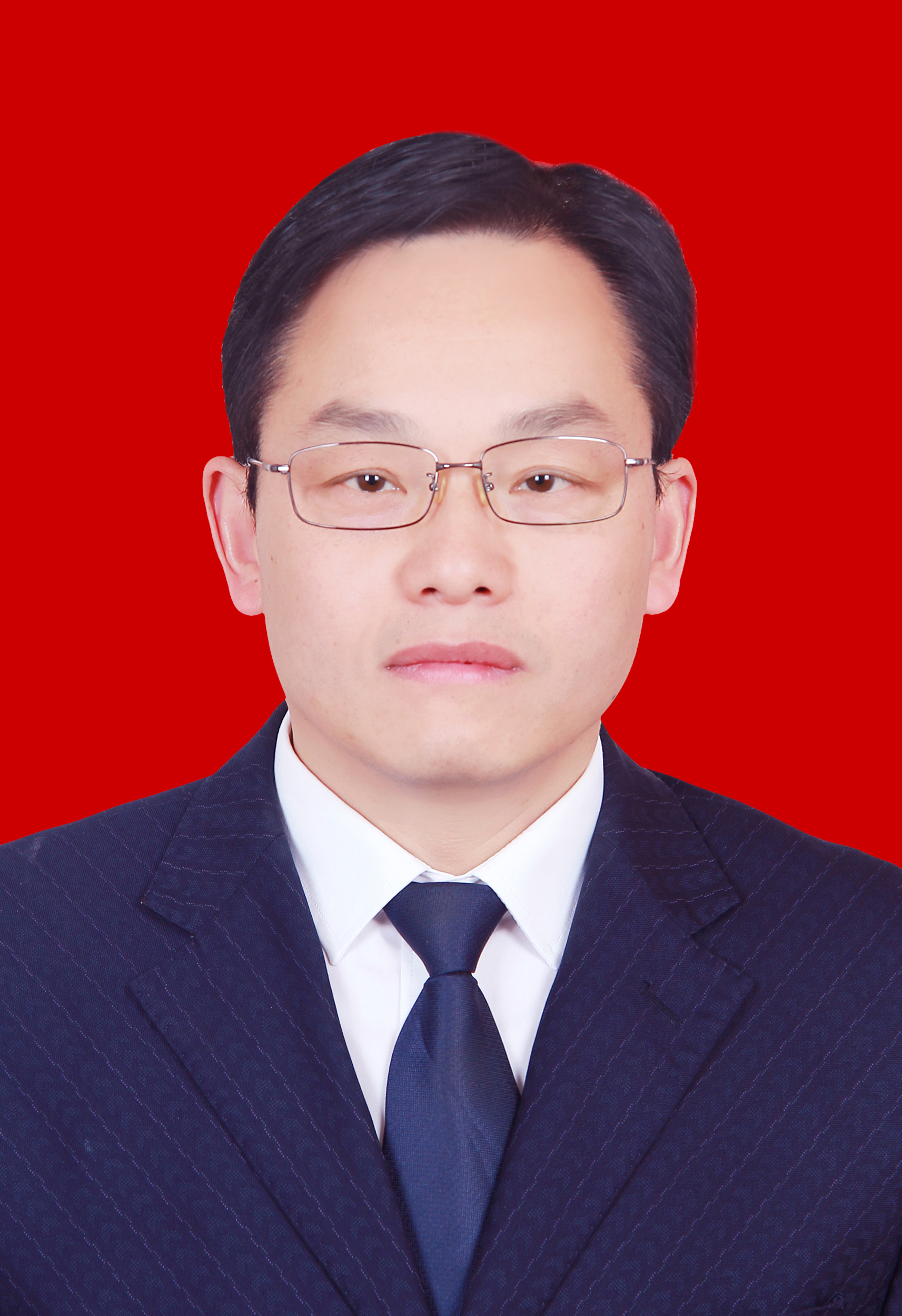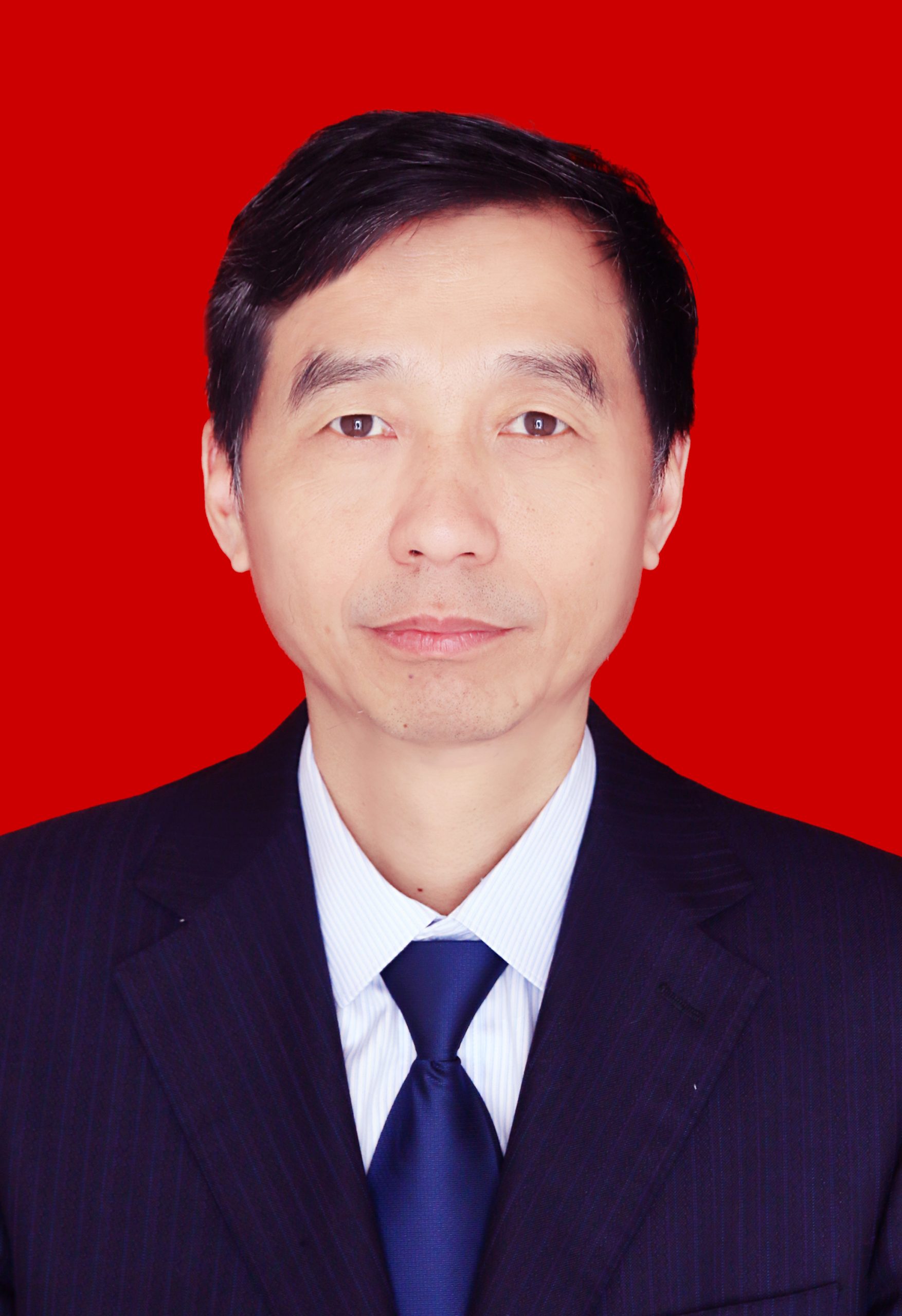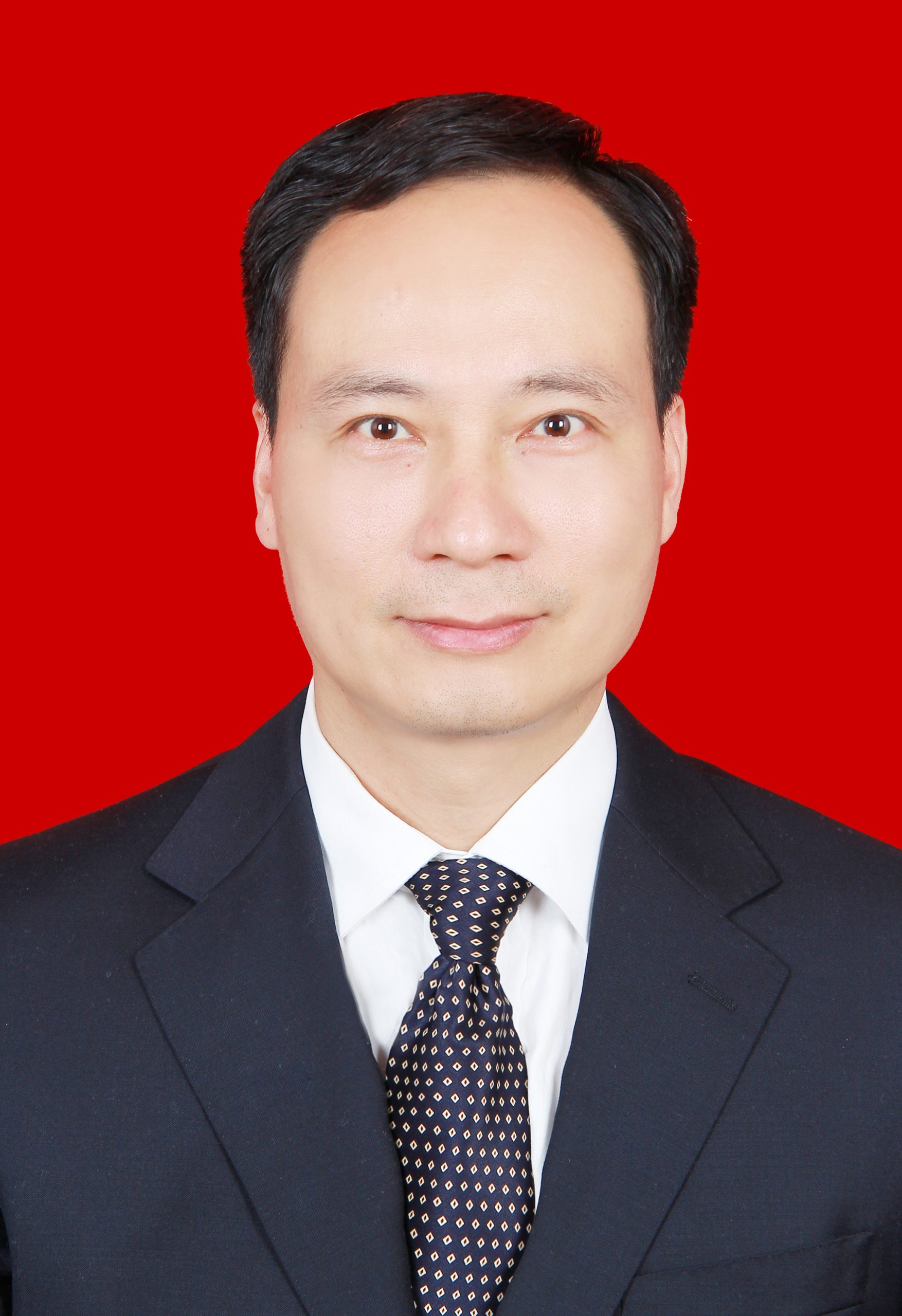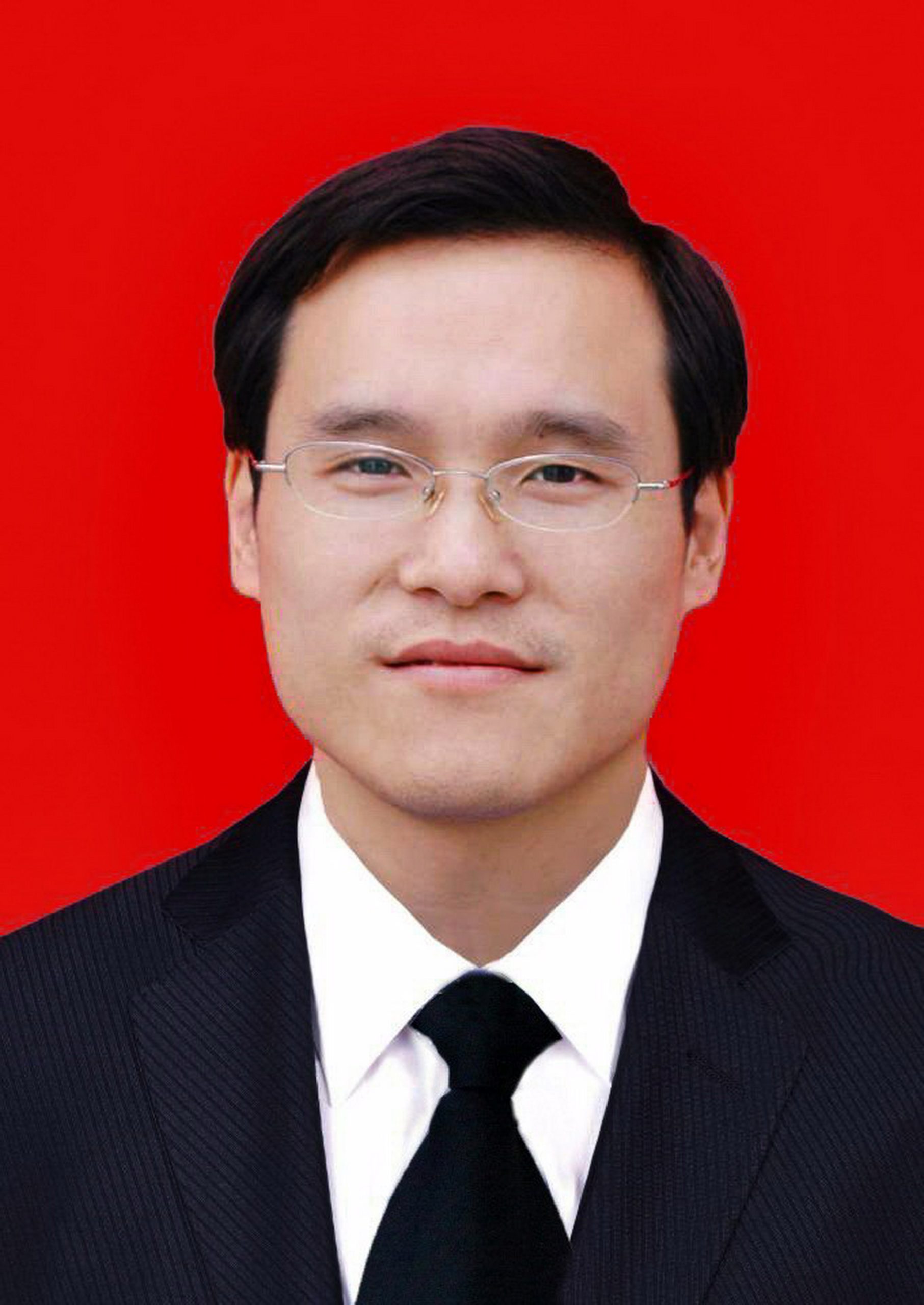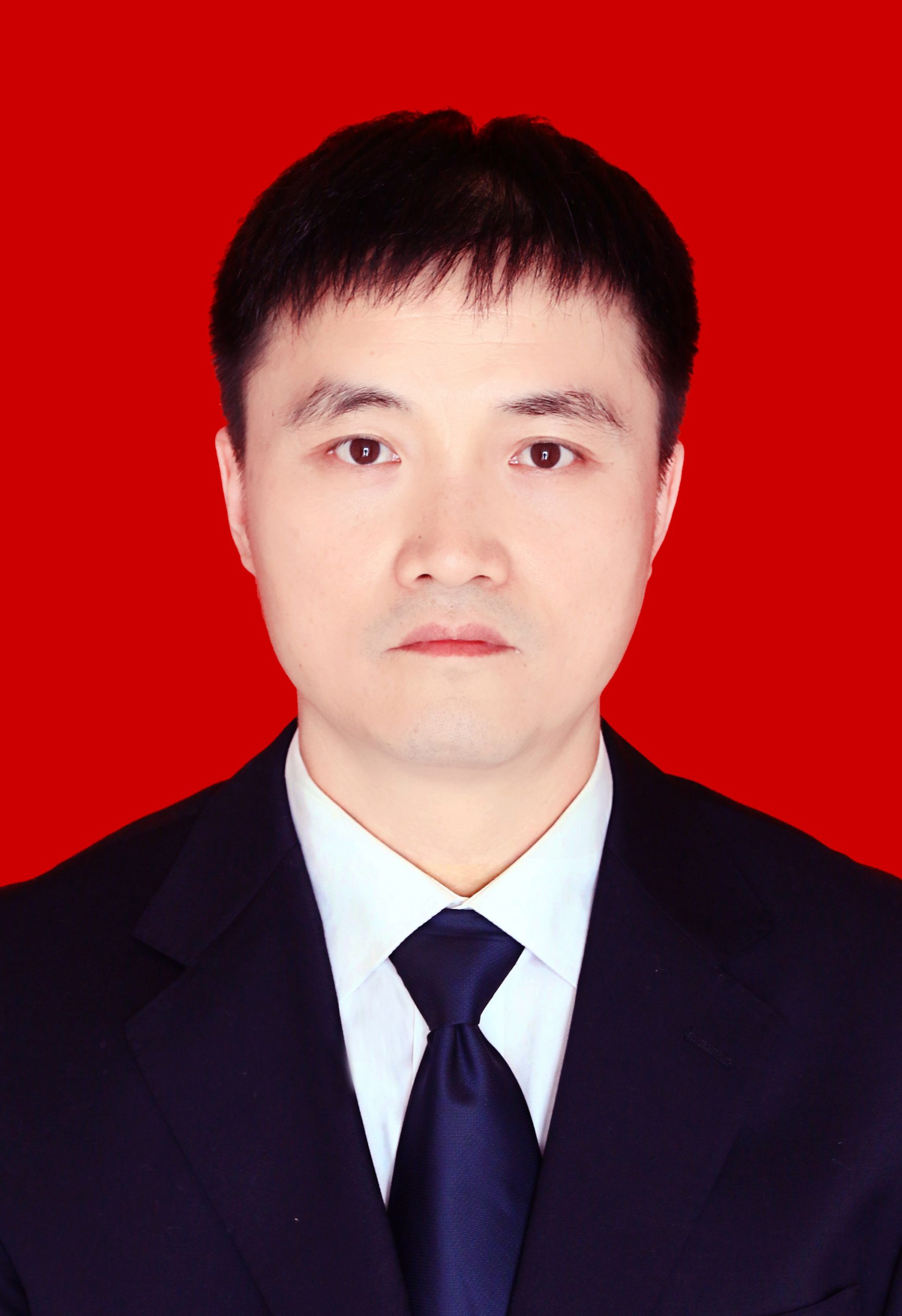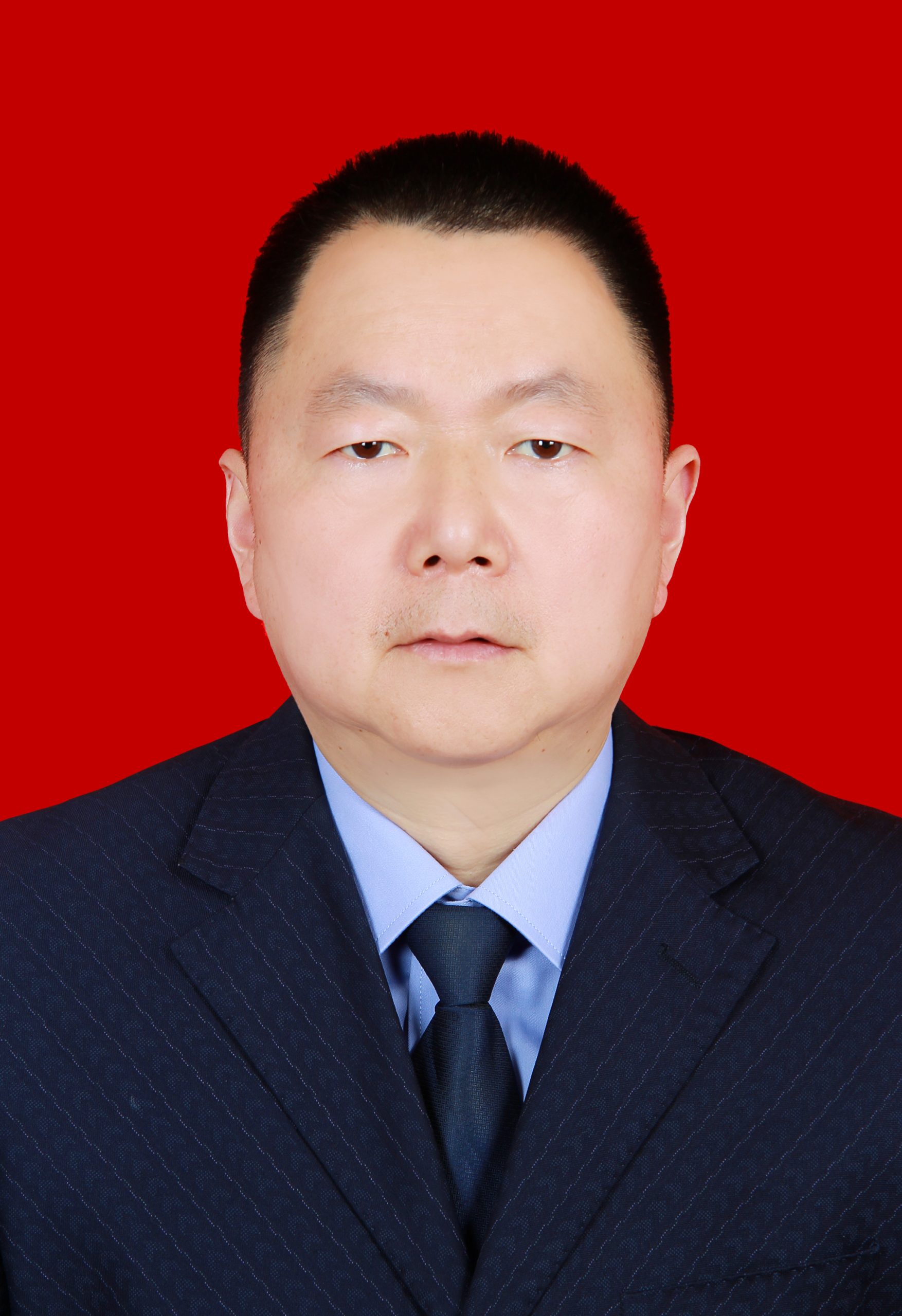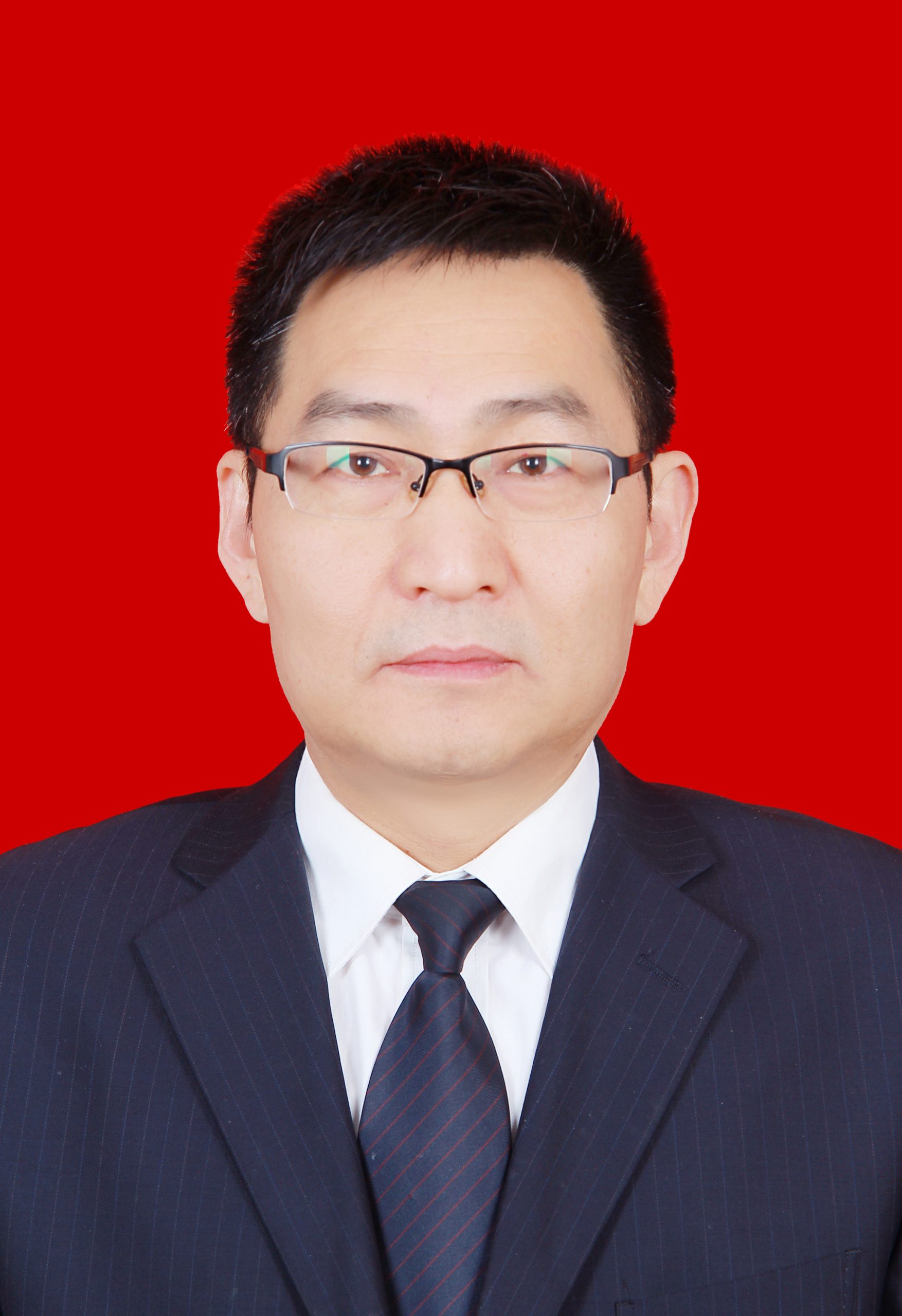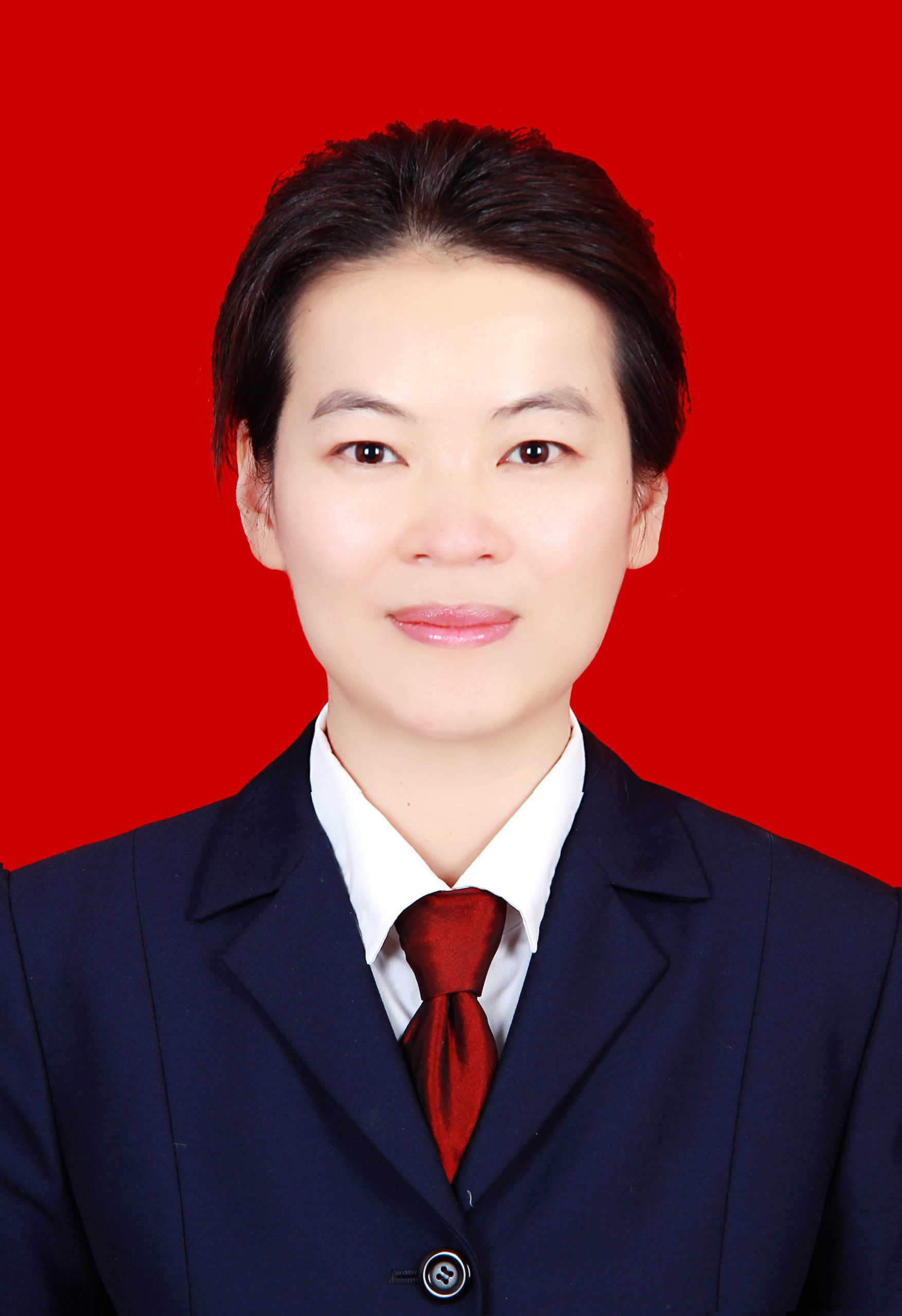First, the division of labor of the members of the bureau leadership team
Chen Huaigan, Party Secretary: Responsible for the overall work of the Municipal Market Supervision Administration.
Resume:
From September 1978 to July 1981, Mianyang Agricultural Mechanization School studied in a technical secondary school majoring in mechanization.
From July 1981 to February 1984, he worked in wangcang county Baishui Commune.
From February 1984 to December 1984, he worked in Baishui District, wangcang county, and served as secretary of Baishui District Committee of the Communist Youth League in July 1984.
From December 1984 to August 1988, he worked in the office of the People’s Government of wangcang county, and served as a clerk in October 1987 (during this period, he graduated from Sichuan University in June 1986 for the basic courses of party and government cadres).
From August 1988 to March 1995, he worked in the Commission for Discipline Inspection of wangcang county, served as director of the office in August 1988, served as member of the Standing Committee of the County Commission for Discipline Inspection in October 1988, and served as deputy secretary of the County Commission for Discipline Inspection in March 1993.
1995.03-1996.02 Deputy Director of wangcang county Personnel Bureau (director level)
February 1996-September 2002, Deputy Director of Organization Department of Wangcang County Committee and Director of Party Construction Office of County Committee (during this period: Southwest University of Political Science and Law took the self-taught junior college degree in law, and in June 1998, Southwest University of Political Science and Law took the self-taught bachelor degree in law, and in December 1998, Sichuan University took the self-taught bachelor degree in administration, and studied in the 11th Youth Class of Guangyuan Municipal Party School from March 2000 to May 2000)
From September 2002 to July 2006, he was a member of the Standing Committee of the Commission for Discipline Inspection of Guangyuan City (during the period: from October 2005 to July 2006, he was appointed as deputy secretary of Cangxi County Committee and secretary of the Commission for Discipline Inspection).
2006.07—2006.12 Deputy Secretary of Cangxi County Committee and Secretary of County Discipline Inspection Commission
2006.12—2011.04 Member of the Standing Committee of Cangxi County Committee and Secretary of Discipline Inspection Commission
April 2011—September 2015 Deputy Secretary of the Commission for Discipline Inspection of Guangyuan City
2015.09—2019.01 Party Secretary and Director of Guangyuan Food and Drug Administration, Director of the Office of Municipal Food Safety Committee (concurrently)
2019.01 —— Party Secretary of Guangyuan Municipal Market Supervision Administration
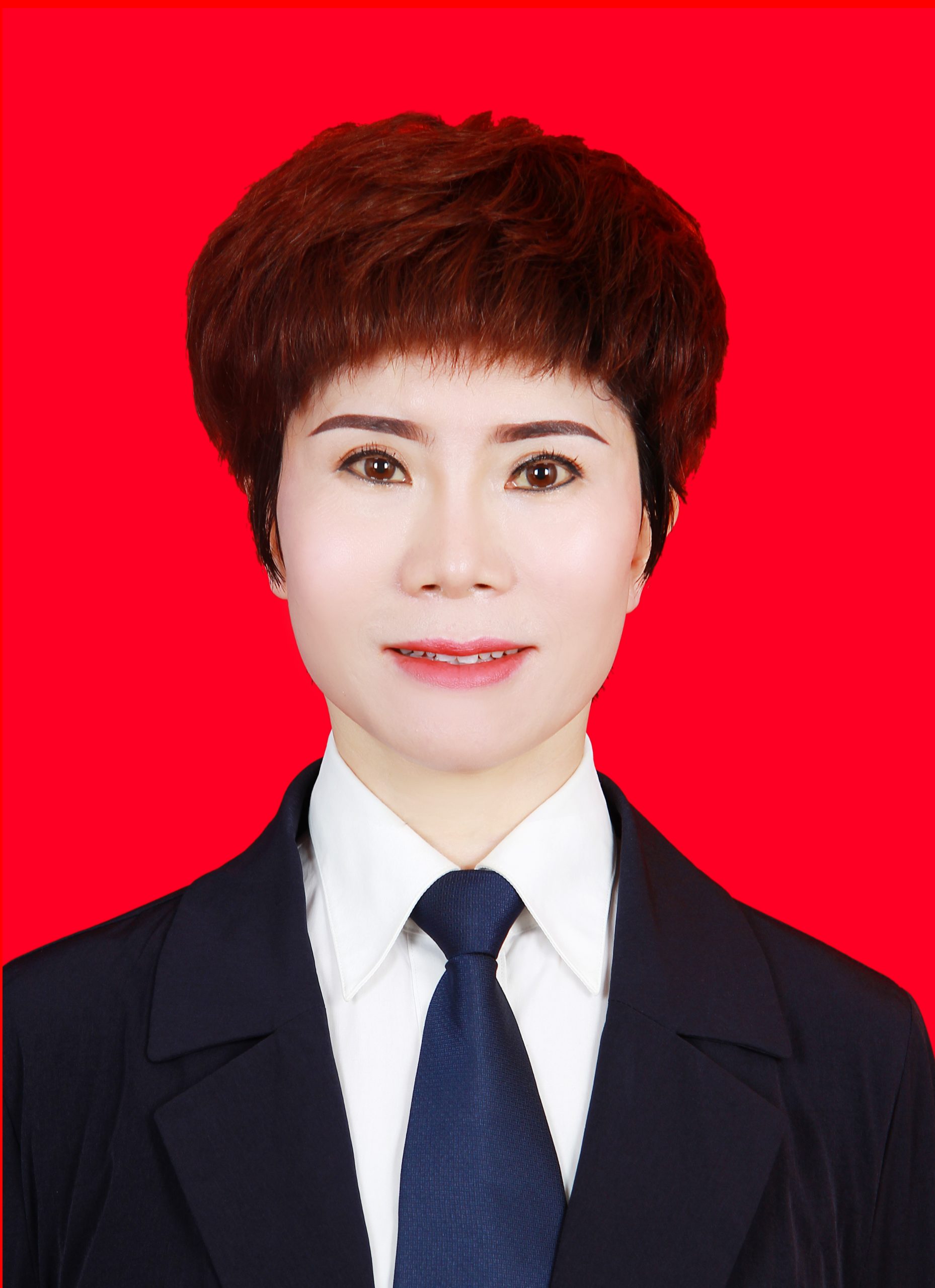
Director Comrade Liu Suying: Presided over the administrative work of the Municipal Market Supervision Administration.
Resume:
September, 1988—July, 1991, majoring in accounting in Guangyuan Finance and Economics Secondary Vocational School.
July, 1991—December, 1995, cadre of the Finance Bureau of Yuanba District, Guangyuan City, Sichuan Province (during the period: September, 1993—June, 1996, Sichuan Normal University studied in correspondence college)
1995.12—1996.12 Assistant Director of Audit Bureau of Yuanba District, Guangyuan City, Sichuan Province
1996.12—2002.07 Deputy Director of Audit Bureau of Yuanba District, Guangyuan City, Sichuan Province (during the period: 1997.08—1999.12, studying at Correspondence University, majoring in economic management, Party School of Sichuan Provincial Committee)
2002.07—2006.11 Deputy Director of Audit Bureau of Guangyuan City, Sichuan Province, joined China Association for Promoting Democracy in December 2004.
2006.11—2010.01 Deputy County Magistrate, Cangxi County People’s Government, Sichuan Province (during this period: 2006.09—2009.07 Graduate student majoring in scientific socialism at the Central Party School)
2010.01—2011.09 Deputy County Magistrate of Cangxi County People’s Government of Sichuan Province and Deputy Chairman of Guangyuan Municipal Committee of China Democratic Progressive Party (during this period: from May 2010 to April 2011, he was appointed as Deputy Director of Sichuan Provincial Committee Office of China Democratic Progressive Party).
2011.09—2016.09 Deputy Head of the People’s Government of Lizhou District, Guangyuan City, Sichuan Province, and Deputy Chairman of the Guangyuan Municipal Committee of the Democratic Progressive Party (during the period: 2015.09—2015.12, the Central Institute of Socialism studied in the 34th training course for democratic party cadres)
2016.09—2020.06 Director of Sports Bureau of Guangyuan City, Sichuan Province, Deputy Chairman of Guangyuan Municipal Committee of the Democratic Progressive Party (during the period: 2017.09—2017.12, he participated in the ninth training course for non-party cadres of the province’s outstanding cadre talents progressive training program; From September 2019 to December 2019, I participated in the second phase of the soul-casting project of the progressive training plan for the ruling backbone of Sichuan Province in the new era.
2020.06— Director of Market Supervision Administration of Guangyuan City, Sichuan Province, Director of Municipal Intellectual Property Office (concurrently), Chairman of Guangyuan Municipal Committee of Democratic Progressive Party.
Yan Jiawu, member of the Party Group and deputy director: in charge of the Anti-monopoly and Anti-unfair Competition Section (Office for Regulating Direct Selling and Combating MLM), the Price Supervision and Inspection Section, the Investment and Financing Office, the Economic Development Zone Branch, and administrative law enforcement (former Economic Inspection Detachment, former Food and Drug Supervision and Inspection Detachment, price law enforcement, etc.).
Resume:
September, 1986—July, 1989: Chinese major students in Aba Teachers College.
1989.07—1991.09 Teacher of wangcang county Shuanghe Middle School.
1991.09—1993.10 Teacher of Baizhang Middle School in wangcang county.
October, 1993—March, 1998 Cadres of the Propaganda Department Office of Wangcang County Committee of the Communist Party of China
1994.03—1995.10 Deputy Director of the Propaganda Department Office of Wangcang County Committee of the Communist Party of China
1995.10—1996.04 Director of the Office of Propaganda Department of Wangcang County Committee of the Communist Party of China
1996.04—1998.03 Deputy Director of Propaganda Department of Wangcang County Committee of the Communist Party of China
1998.03—1998.11 Organizer of Wangcang County Committee (in Jinxi Town) and Deputy Secretary of Party Committee of Jinxi Town.
1998.11-2001.01 Secretary of the Party Committee of Jinxi Town, wangcang county (during the period: 1998.09-2000.12, Party School of the Provincial Party Committee studied at the University of Law)
2001.01—2003.03 Secretary of the Party Committee of Mumen Town, wangcang county
2003.03—2005.08 Minister of Security Department of Guangyuan City Federation of Trade Unions
2005.08—2015.05 Member and Vice Chairman of the Party Group of Guangyuan City Federation of Trade Unions (during which: he studied in the training class for county-level cadres from March 2006 to May 2006)
2015.05—2019.01 Member of the Party Group and Deputy Director of Guangyuan Administration for Industry and Commerce
2019.01 —— Member of the Party Group and Deputy Director of Guangyuan Municipal Market Supervision Administration
Comrade Wang Yong, member of the party group and deputy director: in charge of policy and regulation section, special equipment safety supervision section, product quality and safety supervision and management section and safety production; Contact the special equipment supervision and inspection office.
Resume:
1985.09-1987.07 Studied in technical secondary school of chemical machinery in Luzhou Chemical Engineering School.
1987.07-1991.07 Worked in 7018 Factory of the People’s Liberation Army of Chengdu Military Region.
From July 1991 to April 1994, he worked in Guangyuan Boiler and Pressure Vessel Inspection Institute. In February 1993, he was rated as an assistant engineer.
April, 1994-December, 2001, Deputy Director of Guangyuan Boiler and Pressure Vessel Inspection Institute, and was rated as an engineer in September, 1998 (during this period, he graduated from Correspondence College of Central Party School, majoring in politics and law).
2001.12-2006.02 Deputy Chief, Special Equipment Safety Supervision Department, Guangyuan Bureau of Quality and Technical Supervision, Sichuan Province (during this period: from March 2001 to March 2003, Southwestern University of Finance and Economics graduated from the postgraduate course of Economic Law)
2006.02-2012.10 Chief, Special Equipment Safety Supervision Section, Guangyuan Quality and Technical Supervision Bureau, Sichuan Province (during this period: May 2009-January 2012, I was trained by the Provincial Quality Supervision Bureau)
2012.10-2015.05 Member of the Party Group and Deputy Director of Sichuan Guangyuan Bureau of Quality and Technical Supervision
2015.05-2019.01 Member of the Party Group and Deputy Director of Guangyuan Bureau of Quality and Technical Supervision
2019.01-Member of Party Group and Deputy Director of Guangyuan Municipal Market Supervision Administration
Party member and deputy director Shujie Li: in charge of the office, food safety coordination section, science and technology and information technology section, news publicity section and food safety sampling monitoring section.
Resume:
From September 1987 to July 1990, I studied in Guangyuan Normal School.
1990.07—1997.03 Teachers of Guanyindian Primary School, Shangma Junior High School and Qiaozhuang Town Primary School in Qingchuan County (during this period: Sichuan Higher Education Self-taught Exam for Chinese Language and Literature)
From March 1997 to March 2001, he worked in the people’s government of Qiaozhuang Town, Qingchuan County. In April 1998, he served as secretary of the Youth League Committee of Qiaozhuang Town, worked as a clerk in April 1998, and became a national civil servant in September 1998. In May 2000, he served as director of the Party and Government Office of Qiaozhuang Town.
From March 2001 to November 2007, he worked in the office of Qingchuan County Committee, served as deputy chief clerk in October 2005, and served as deputy director of the supervision office in September 2006 (during this period: from November 2004 to March 2007, he studied in Sichuan University of Economics and Management, majoring in administrative management and e-commerce).
From November 2007 to May 2012, he worked in Guangyuan Food and Drug Administration of Sichuan Province, served as deputy director of the office in December 2007 and director of the office in July 2008.
2012.05—2013.02 Director of Guangyuan Food and Drug Administration Office
2013.02—2017.08 Member of the Party Group and Secretary of the Party Committee of Guangyuan Food and Drug Administration
2017.08—2019.01 Member of the Party Group and Deputy Director of Guangyuan Food and Drug Administration
2019.01 —— Member of the Party Group and Deputy Director of Guangyuan Municipal Market Supervision Administration
Wu Dong, member of the party group and deputy director: in charge of finance, intellectual property and patent management, trademark supervision and management, and quality development; Contact the Intellectual Property Management Office and the Product Quality Supervision and Inspection Institute.
Resume:
November, 1986-September, 1988 Soldiers of Sixth Company, 4th Regiment of Frontier Defense of Xinjiang Military Region
1988.09-1990.07 Studied in Technical Secondary School of Oil Management, Logistics Engineering College.
1990.07-1993.05 Head of Pumping Station, Team 1, Second Oil Pipeline Team, Lanzhou Military Region (during this period: studied in College of Oil Technology Management, Logistics Engineering College, September 1991-July 1993)
1993.05-1994.12 Deputy Company Commander of Urumqi Oil Warehouse Service Company in Xinjiang Military Region
1994.12-1997.12 Political instructor of Turpan Oil Depot Service Company in Xinjiang Military Region
1997.12-2000.04 Deputy Battalion Officer of Political Work Department of People’s Armed Forces Department of Yuanba District, Guangyuan City, and Deputy Battalion Assistant of Warfare Department of Logistics Department of Guangyuan Military Division.
2000.04-2004.11 Chief, Logistics Section, Jiange County People’s Armed Forces Department
(During this period: from September 2001 to June 2004, Nanjing Army Command College studied national defense mobilization undergraduate course)
2004.11-2006.04 Deputy Minister of People’s Armed Forces Department and Chief of Logistics Section of Jiange County
2006.04-2007.03 Deputy Minister of People’s Armed Forces Department and Chief of Military Section, Shizhong District, Guangyuan City
2007.03-2008.11 Political commissar of the People’s Armed Forces Department of Yuanba District
2008.11-2013.08 Member of the Standing Committee of Yuanba District Committee, Political commissar of the People’s Armed Forces Department of Yuanba District
2013.08-2015.05 Member of the Party Group and Deputy Director of Guangyuan Food and Drug Administration (retained at the county level)
2015.05-2019.01 Member of the Party Group and Deputy Director of Guangyuan Industrial and Commercial Bureau (retained at the county level)
2019.01-Member of Party Group and Deputy Director of Guangyuan Municipal Market Supervision Administration
Wang Wanyi, member of the party group and deputy director: in charge of market and online transaction supervision and management section, advertising supervision and management section, consumer rights protection section (12315 complaint reporting command center) and the creation of civilized cities; Contact the Municipal Service Center for Consumer Protection.
Resume:
From March 1989 to December 1994, China People’s Liberation Army 56016 served as the squad leader in April 1992.
December, 1994—June, 1995: Retired for resettlement.
June, 1995—August, 1999: Work of Cable TV Station of Guangyuan Radio and Television Bureau (from August, 1997 to June, 2000, studied in the Correspondence College of Sichuan Provincial Party School)
Worked in Guangyuan TV News Center from August, 1999 to March, 2009, was hired as an assistant reporter in December, 2001, a reporter in February, 2005, assistant director in March, 2008 (enjoying the treatment of deputy director in December, 2008), and deputy director in December, 2008 (during this period, Southwest University of Science and Technology took the undergraduate course of self-taught e-commerce).
From March 2009 to September 2015, he worked in the Mass Work Bureau of Guangyuan Municipal Committee, deputy director of the office in March 2009, chief clerk in August 2011, chief of the review and supervision department in January 2012, and director of the office in May 2013.
2015.09—2017.12 Deputy Director of Guangyuan Municipal Committee Group Work Bureau and Deputy Director of Municipal Government Letters and Calls Bureau
2017.12—2019.01 Member of the Party Group and Deputy Director of Guangyuan Industrial and Commercial Bureau
2019.01 —— Member of the Party Group and Deputy Director of Guangyuan Municipal Market Supervision Administration
Li Daigen, member of the party group and deputy director: in charge of the registration department (administrative examination and approval department), the credit supervision and management department, the party building department of non-public economic organizations, and the branches directly under it; Contact individual and private economic service centers.
Resume:
1993.09—1995.07, majoring in information science, Institute of Solid State Physics, Sichuan Normal University.
1995.07—1995.10 Graduated to be assigned.
1995.10—1999.01 Member, Office of Guangyuan Administration for Industry and Commerce
January, 1999—August, 2002, member of the Advisory Service Center of Guangyuan City Administration for Industry and Commerce (from October, 1998 to July, 2000, he participated in the adult college entrance examination of the Department of Philosophy of Sichuan University).
2002.08—2007.04 Deputy Director of Consulting Service Center of Guangyuan Administration for Industry and Commerce
2007.04—2011.02 Director of Consulting Service Center of Guangyuan Administration for Industry and Commerce
(2007.02—2010.06, Sichuan University Law School, law major, self-taught study)
2011.02—2014.12 Director and Party Secretary of wangcang county Administration for Industry and Commerce
(October, 2010—July, 2013, graduate students majoring in law from Sichuan University Law School)
2014.12—2015.12 Office Work of Guangyuan Administration for Industry and Commerce
2015.12—2017.12 Director of Guangyuan Industrial and Commercial Bureau Office
2017.12—2019.01 Member of the Party Group and Deputy Director of Guangyuan Industrial and Commercial Bureau
2019.01 —— Member of the Party Group and Deputy Director of Guangyuan Municipal Market Supervision Administration
Wu Jianping, member of the Party Group and secretary of the Party Committee of the government, is in charge of the Party Committee Office of the government, the personnel department, discipline inspection and supervision, ideology, trade unions, women’s committees, the Communist Youth League, and tackling poverty.
Resume:
1990.12—1992.09 Cadres employed by Chaotian District Administration for Industry and Commerce of Guangyuan City
From September 1992 to November 1993, the Shumen Market Management Office of Guangyuan City Administration for Industry and Commerce hired cadres (during the period: from September 1992 to July 1995, the business administration major of Sichuan University studied by correspondence).
November, 1993-March, 1994: Cadres employed by the Individual and Private Economic Management Section of Guangyuan Administration for Industry and Commerce.
1994.03—1997.03 Member, Individual and Private Economic Management Section, Guangyuan Administration for Industry and Commerce
1997.03—1997.06 Member of Registration Hall of Guangyuan Administration for Industry and Commerce
June, 1997—May, 2002 Deputy Director of the Registration Hall of Guangyuan City Administration for Industry and Commerce (during which: from September, 1999 to December, 2001, he studied law at the Correspondence College of Sichuan Provincial Party School)
2002.05—2005.02 Deputy Director of Transportation Market Management Division of Guangyuan Administration for Industry and Commerce
February 2005—February 2006 Deputy Chief, Consumer Protection Section, Guangyuan Administration for Industry and Commerce
2006.02—2009.03 Member of the Party Group and Deputy Director of wangcang county District Administration for Industry and Commerce, Guangyuan City (during the period: studying law in the postgraduate course of Southwest University from September 2006 to November 2008).
2009.03—2011.02 Director, Transportation Market Management Office, Guangyuan City Administration for Industry and Commerce
2011.02—2013.05 Party Secretary and Director of Zhaohua District Administration for Industry and Commerce
2013.05—2017.11 Chief, Personnel Section, Guangyuan Administration for Industry and Commerce
2017.11—2019.01 Member of the Party Group and Secretary of the Party Committee of Guangyuan City Administration for Industry and Commerce
2019.01— Member of the Party Group and Secretary of the Party Committee of Guangyuan Municipal Market Supervision Administration
Chief Safety Officer Che Ping: In charge of food production safety supervision and management section, food business safety supervision and management section, special food safety supervision and management section and environmental protection.
Resume:
From July 1992 to June 2002, he served as a clerk at Guangyuan Health and Epidemic Prevention Station (during the period: from September 1998 to June 2002, he studied in Beijing Medical University, majoring in preventive medicine).
From June 2002 to December 2007, he worked in Guangyuan Health Law Enforcement Supervision Institute, and served as a clerk in August 2002 (during which: from September 2002 to July 2005, he studied as an undergraduate majoring in preventive medicine in Beijing Medical University and obtained a bachelor’s degree, and from September 2004 to June 2007, he studied as a graduate majoring in law in Sichuan Provincial Party School).
From December, 2007 to February, 2010, he was appointed deputy director and member of the party group of Qingchuan County Health Bureau.
From February 2010 to May 2012, he was appointed as the director of Qingchuan County Center for Disease Control and Prevention (the meeting of the Standing Committee of Qingchuan County Committee of the Communist Party of China in December 2009 confirmed him as a section chief).
From April 2010 to June 2012, Guangyuan City Health Law Enforcement Supervision Detachment served as deputy detachment leader.
2012.06—2014.09 Division Leader of Guangyuan Food and Drug Supervision and Inspection Detachment (official level)
2014.09—2019.01 Division Leader of Guangyuan Food and Drug Supervision and Inspection Detachment (with deputy county as the top)
2019.01— 2020.07 Director of Food Safety, Guangyuan Municipal Market Supervision Administration
2020.07 —— Safety Director of Guangyuan Municipal Market Supervision Administration
Chief engineer Zhang Wenlin: in charge of standardization department, metrology department, certification and accreditation and inspection supervision and management department. Contact the food and drug inspection and testing center and the metrological verification and testing institute.
Resume:
September, 1985-July, 1989, majoring in chemistry, Department of Chemistry, Shandong University
From July 1989 to December 1997, he worked in Guangyuan Product Quality Supervision and Inspection Institute. In February 1993, he was rated as an assistant engineer and in April 1996, he was rated as an engineer.
1997.12-2000.03 Deputy Director of Guangyuan Product Quality Supervision and Inspection Institute
2000.03-2011.03 Director of Guangyuan Product Quality Supervision and Inspection Institute, and was named Senior Engineer in January 2003)
2011.03-2012.10 Director of Science and Technology Office of Sichuan Guangyuan Bureau of Quality and Technical Supervision
2012.10-2015.10 Member of the Party Group of Sichuan Guangyuan Bureau of Quality and Technical Supervision
2015.10-2019.01 Member of the Party Group and Chief Engineer of Guangyuan Bureau of Quality and Technical Supervision
2019.01-Chief Engineer of Guangyuan Municipal Market Supervision Administration
Sun Lihua, chief economist: in charge of drug supervision and management, cosmetics supervision and management, and medical device supervision and management; Contact the Adverse Drug Reaction Monitoring Center.
Resume:
September, 1993-September, 1996, majoring in pharmacy, Medical Department of Luzhou Medical College.
From September 1996 to July 2005, he worked in the chemical laboratory of Guangyuan Institute for Drug Control, and successively obtained the title of pharmacist, pharmacist in charge and director of the chemical laboratory.
From July 2005 to May 2012, he worked in Guangyuan Food and Drug Administration of Sichuan Province, served as deputy director in September 2006, and served as deputy section chief in Market Supervision Department in January 2008.
May 2012-May 2013 Deputy Chief, Market Supervision Department, Guangyuan Food and Drug Administration
2013.06-2017.01 Director of Supervision Office of Guangyuan Municipal Supervision Bureau stationed in Municipal Food and Drug Administration
2017.01-2018.02 Chief of Pharmaceutical and Biochemical Obstetrics, Guangyuan Food and Drug Administration
2018.02-2019.01 Director of Drug Safety of Guangyuan Food and Drug Administration
2019.01-2020.07 Director of Drug Safety, Guangyuan Municipal Market Supervision Administration
2020.07- Chief Economist of Guangyuan Municipal Market Supervision Administration
Second, the division of labor in ab post
Yan Jiawu and Shujie Li, Wang Yong and Wang Wanyi, Wu Dong and Wu Jianping, Li Daigen and Zhang Wenlin, Che Ping and Sun Lihua are ab posts.
Three, the county cadres to assist the leadership division of work.
Fu Rongjian, second-level researcher: Assisting Comrade Wang Wanyi in his work.
Tang Keshuang, second-level researcher: Assisting Comrade Wang Yong in his work.
Shang Xue, a second-level researcher: assisting Comrade Li Daigen in his work.
Second-level researcher Ma Yong: Assisting Comrade Sun Lihua in his work.
Deng Yao, a deputy county-level cadre: Assist Comrade Wu Dong in his work.
Hu Wei, a deputy county-level cadre: Assist Comrade Wu Jianping in his work.
Zhang Min, a deputy county-level cadre: Assist Comrade Zhang Wenlin in his work.
Li Tao, a deputy county-level cadre: assisting Comrade Yan Jiawu in his work.
Four-level researcher officer Yulin: Assist Comrade Che Ping in his work.
Four-level researcher Li Qiang: Assisting Comrade Shujie Li in his work.
Sweep and open the current page on your mobile phone.
